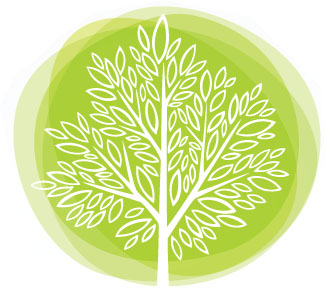Mindfulness can be described as moment-to-moment non-judgemental awareness. Put simply, it is the practice of paying purposeful attention to our experiences rather than being lost in the chatter of our minds! To be mindful is to be awake to the present moment – to be aware of what we are doing and what is happening within and around us.
Although it has its origins in ancient meditative traditions such as Buddhism and Yoga, mindfulness has been embraced by Western psychology as an effective technique for reducing stress and enhancing psychological health.
Dr. Jon Kabat-Zinn, a leading authority on the therapeutic applications of mindfulness, has pioneered the use of mindfulness training in the treatment of a wide range of medical conditions including headaches, high blood pressure, sleep disturbance, chronic pain, heart disease, anxiety disorders, depression and post-traumatic stress disorder. Click here for information about his work.
Clinical research has shown that cultivating mindfulness can increase our enjoyment of life, expand our capacity to cope with pain, and improve our physical and emotional health. The benefits of mindfulness include:
- increased resilience to stress and anxiety
- improved concentration and memory
- an ability to more effectively manage unpleasant thoughts and emotions
- decreased pain levels and enhanced ability to manage chronic pain
- increased self-awareness and self-responsibility
- greater acceptance of self and others
- enhanced ability to cope with personal and professional challenges
- learning to live in the present moment rather than the past of the future, and
- increased energy and enthusiasm for life!
Learning to focus the mind is a healthy and helpful way to manage the stresses of daily life – and to experience greater vitality, fulfilment and peace of mind.
The Learn to Relax program incorporates mindfulness techniques and provides strategies to support you to bring these techniques into your everyday life.
